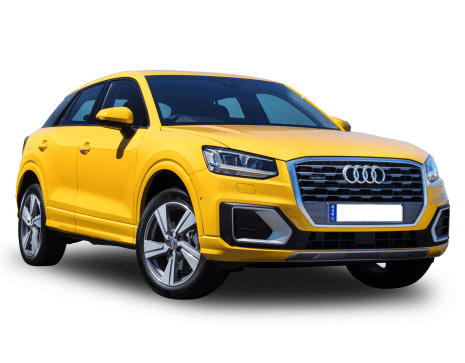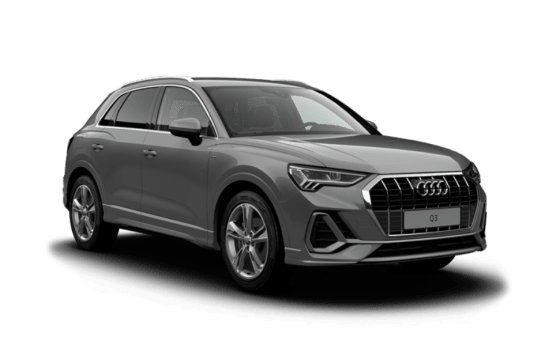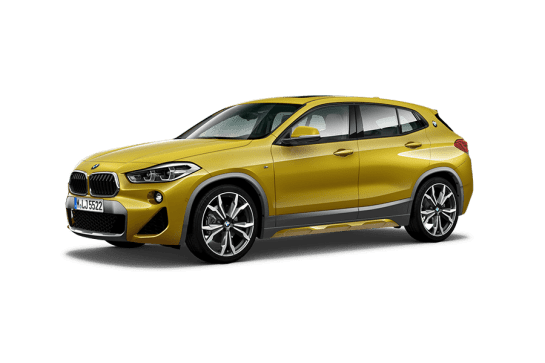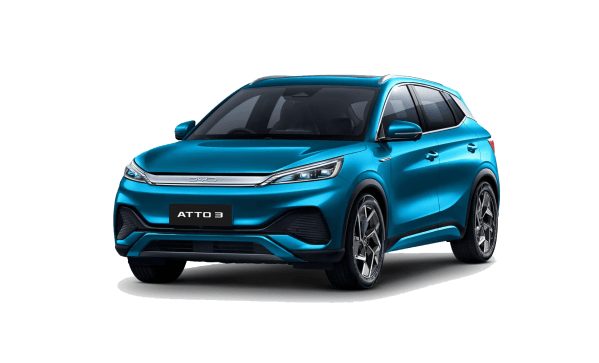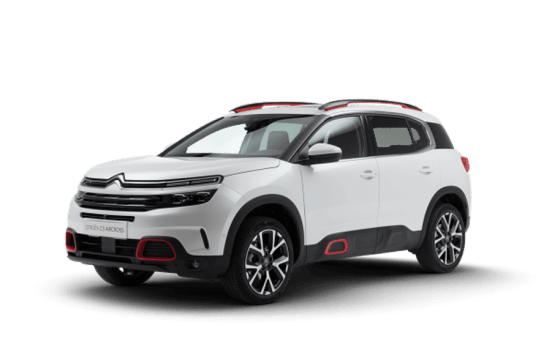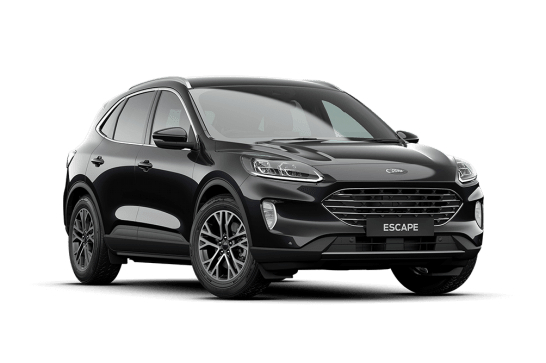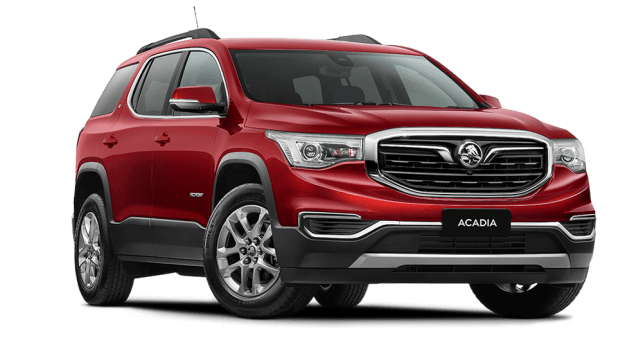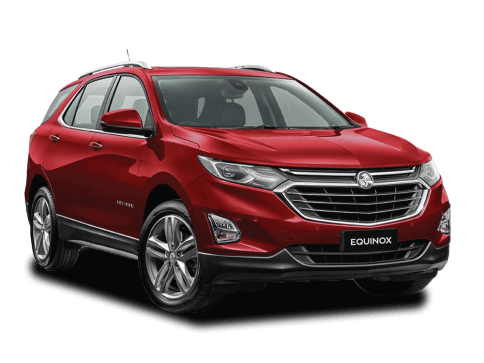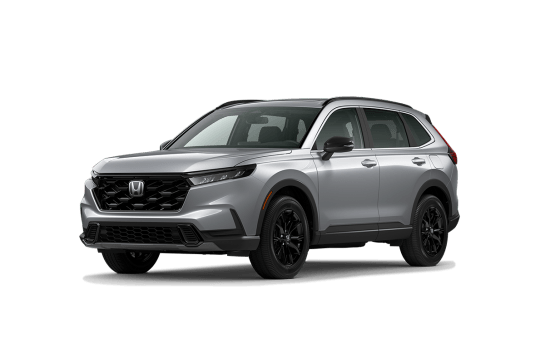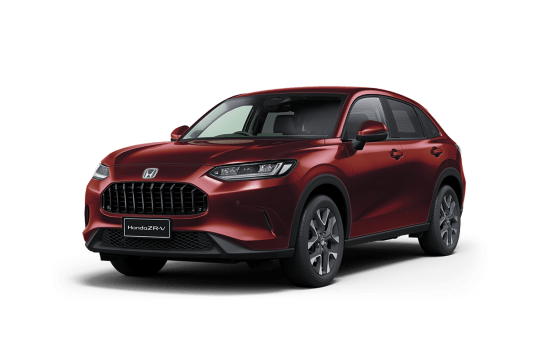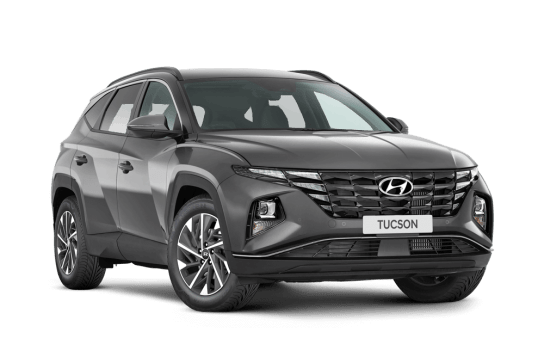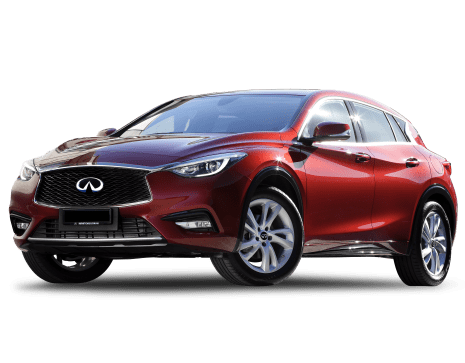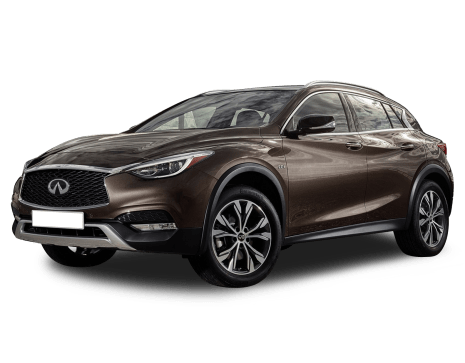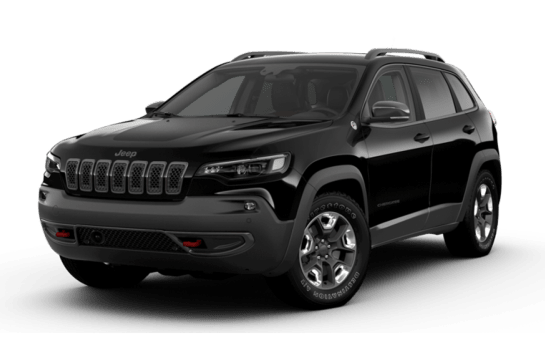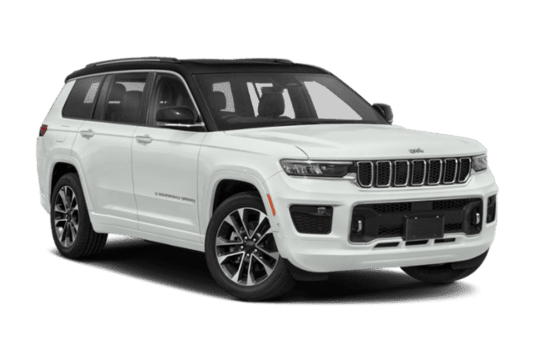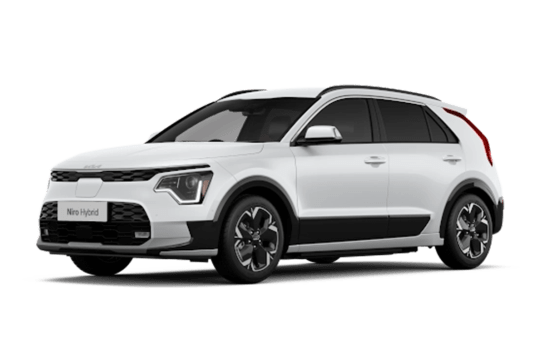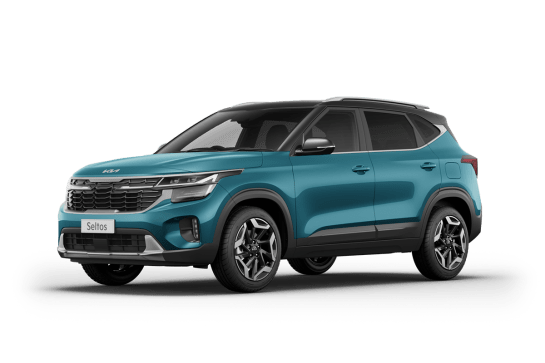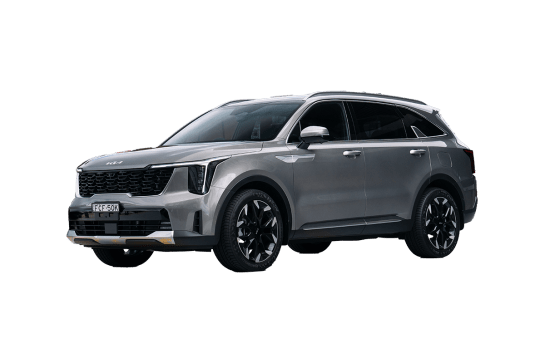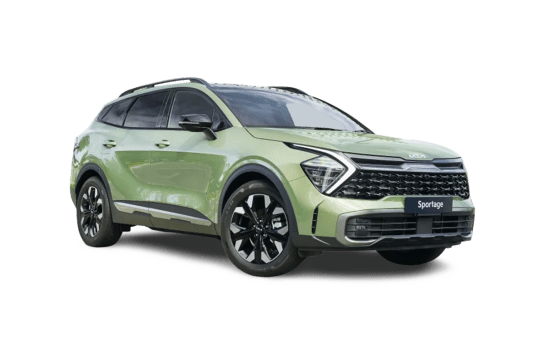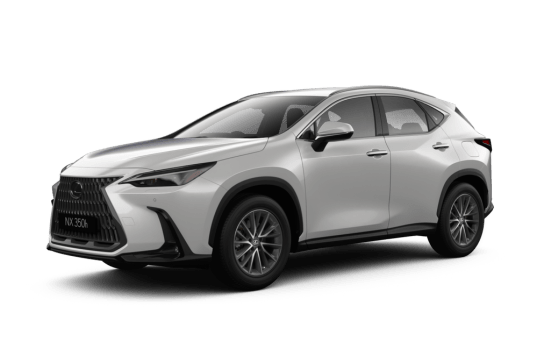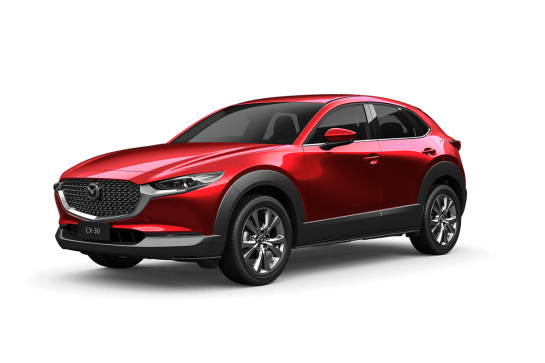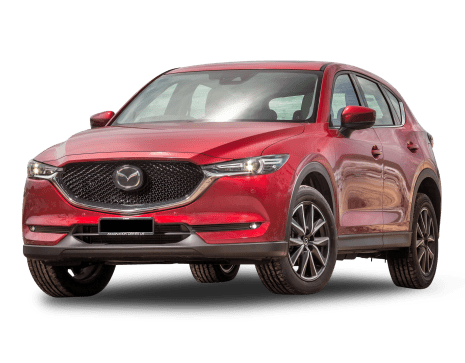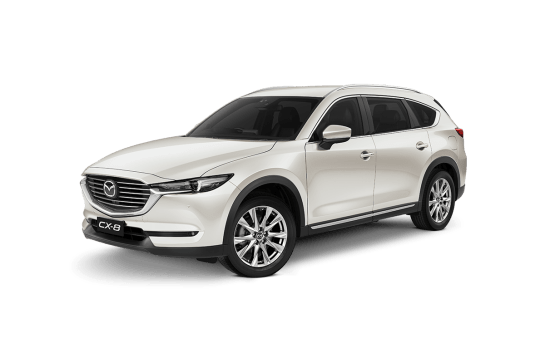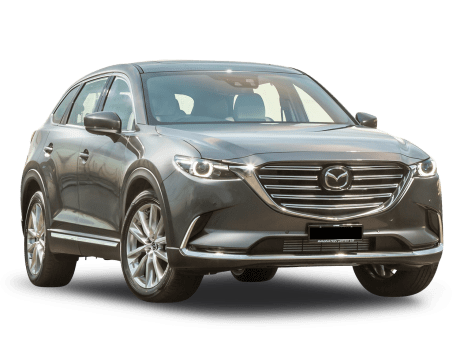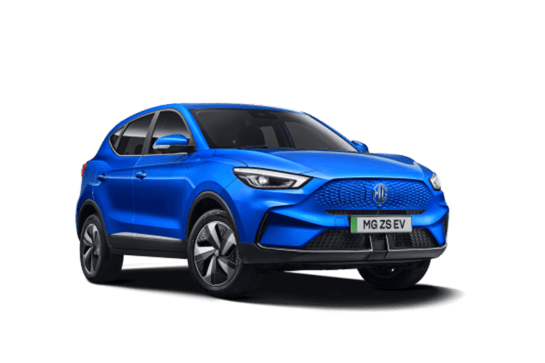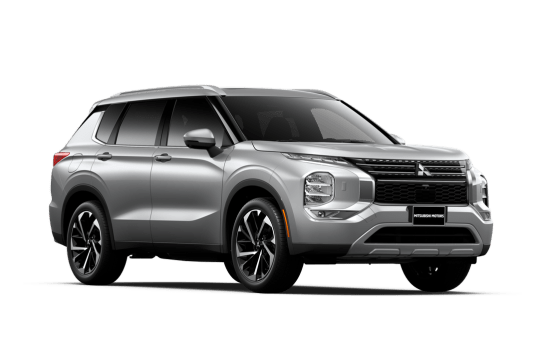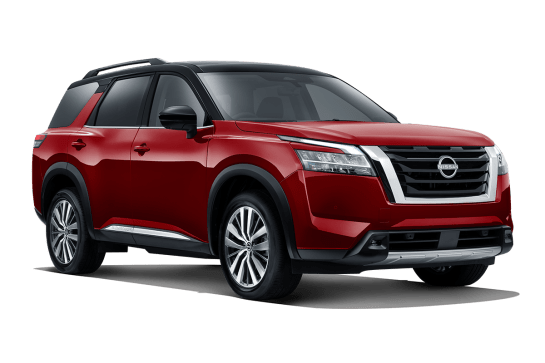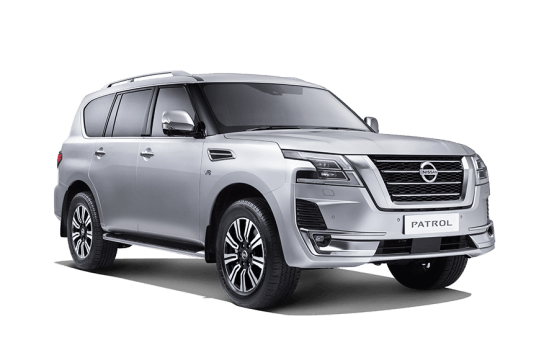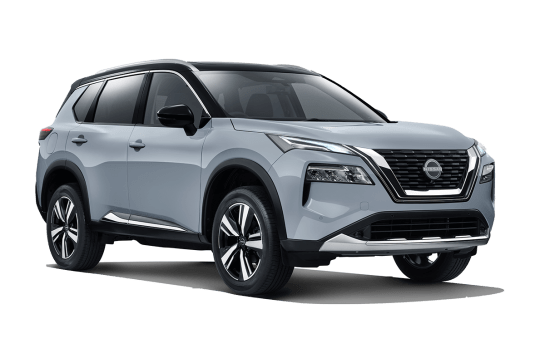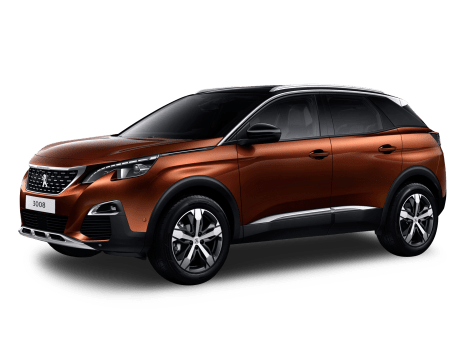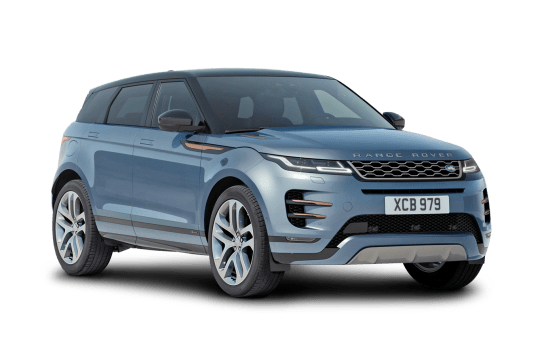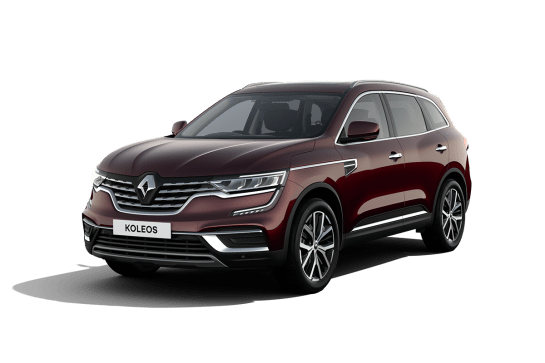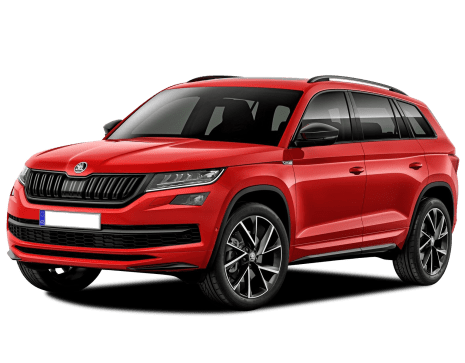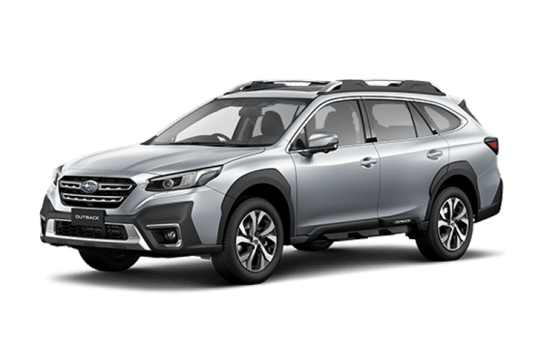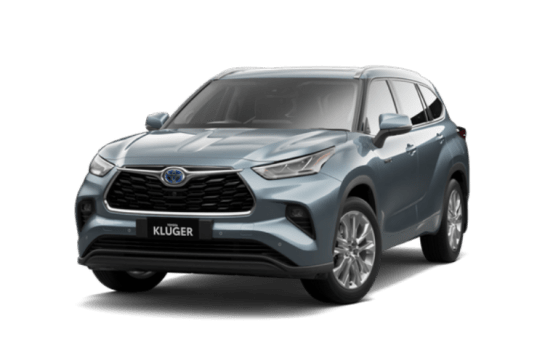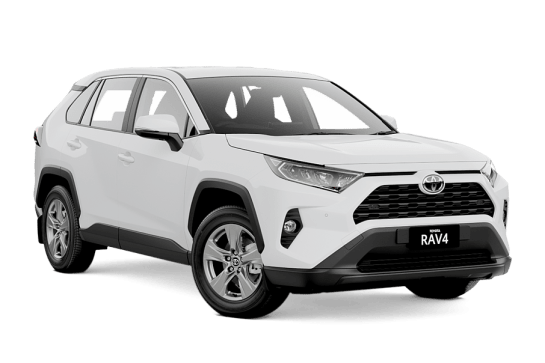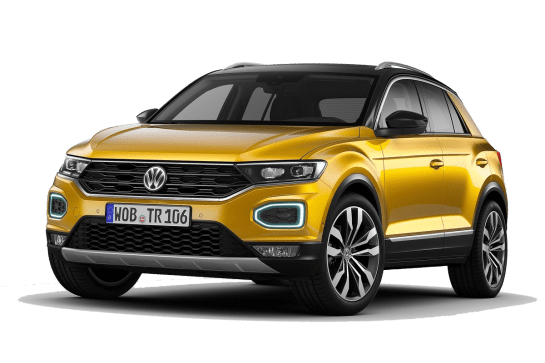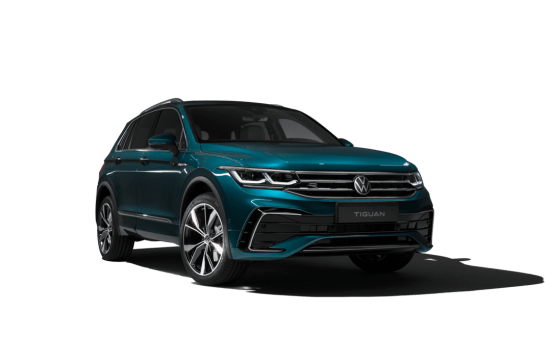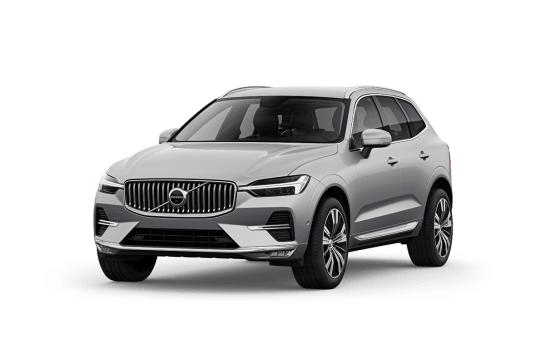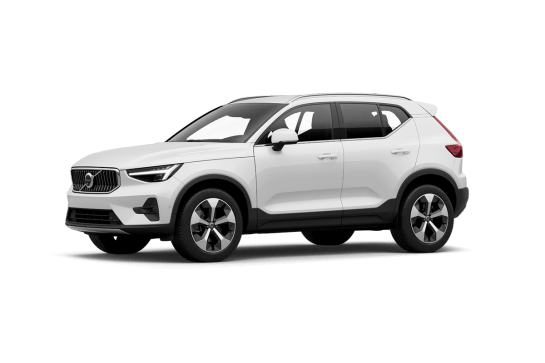
Volvo XC40 VS Audi Q3
Volvo XC40
Likes
- Cute kerb-side presence
- Decent cabin space for class
- Good driving range and energy consumption
Dislikes
- Ride comfort isn't there on long journeys
- Loud cabin at higher speeds
- Interior trims don't match grade level
Audi Q3
Likes
- Elegant but still fun on-road manners
- Exterior looks fantastic from all angles
- Powerful without being obnoxious about it
Dislikes
- Rivals all boast stronger cabin presence
- Modest backseat space typical of class
- Cabin gets constant hum of road/wind noise
Summary
Volvo XC40
The XC40 Recharge Twin Motor is the flagship model for the segment leading small electric SUV from Volvo.
Well positioned in terms of price, specifications and driving range, it continues to prove itself a fierce rival to the Mercedes-Benz EQA, Lexus UX and newcomer BMW iX1.
Read more about
- 2025 Volvo XC40 and C40 Recharge electric cars get renamed to EX40 and EC40 for update as Swedish brand stays on target to be fully EV in Australia by 2026
- Forget Tesla! Why Volvo is the car brand with the most to gain from rising electric car sales
- Back to boxy! 2023 Volvo EM90 people mover revealed in full detail as Swedish brand enters the luxury van segment
But does it bring its A-game to every attribute buyers in the small electric SUV segment demand? In this review, we put it to test to find out.
| Safety rating | |
|---|---|
| Engine Type | — |
| Fuel Type | Electric |
| Fuel Efficiency | —L/100km |
| Seating | 5 seats |
Audi Q3
The 2025 Audi Q3 Sportback is a small but not-too-small SUV that sits within a close-knit segment. The Q3 Sportback attempts to spice up the premium end of this small SUV market by offering a design-focused 'coupe' body style, but is it enough for it to go 'tyre to tyre' against its main rival, the new BMW X2?
It's other rivals are also renowned for their luxury and on-road prowess - think the Mercedes-Benz GLA and Lexus UX. However, the changes for the new Q3 are small and its rivals have all benefitted from a recent refresh.
In this review we explore how the top-model Sportback S line 40 TSFI quattro handles being an urban dweller.
Read more about
- Dramatic makeover for luxury favourite: 2025 Audi Q5 breaks cover to make the BMW X3 and Mercedes-Benz GLC nervous
- Electric car price slashed more than $3000 before release: 2025 Audi Q4 e-tron SUV arriving with sharper entry price to undercut BMW iX3 and Mercedes-Benz EQA
- Opinion: Audi's got new confusing names for its cars, just as we were getting used to the old confusing names
| Safety rating | |
|---|---|
| Engine Type | 2.0L turbo |
| Fuel Type | — |
| Fuel Efficiency | 8.3L/100km |
| Seating | 5 seats |
Verdict
Volvo XC407.5/10
The Volvo XC40 Recharge Twin Motor is a cute small electric SUV that offers a decent specs list and a sweet urban driving experience. It’s not the nicest ride on a longer journey but it does have a decent range to be able to tackle one, if needed. I didn’t love the interior design but there’s lots the XC40 gets right.
Audi Q38.3/10
The Audi Q3 Sportback S line 40 TFSI quattro is a quiet achiever.
Not as flashy or performance driven as some of its rivals, it still manages to tick almost every box when it comes to comfort and features. Like most models in the class, space in the back seat is modest but for a top-spec non-performance model, the price is alright and it’s lovely to drive.
Design
Volvo XC40
The XC40 Recharge sees some design changes from its fuel-based counterparts and that’s mainly seen in the front because you get a body-coloured panel instead of a standard grille. The 20-inch alloys feature a chunkier-looking design but the front still boasts the cool ‘Hammer of Thor’ headlights (which I'm rather fond of).
The interior is where the electric powertrain loses me because the fuel-based equivalent is so much nicer inside with its leather-accented upholstery and trims.
It's lovely that there has been a conscious effort to use recycled materials and non-leather upholstery throughout but I'm left with the strange-feeling that synthetic seats don’t reflect the grade or price level of this car.
Other than the cool-looking topography inserts on the dash and front doors and the 9.0-inch vertical multimedia system, it’s pleasant but a little basic in the cabin. Which is shame because the exterior is cute as hell.
Audi Q3
The Q3 Sportback blends the practicality of an SUV with a sports-car presence due to its wide 2022mm stance and coupe-styled rear. With the black accents across the body, big 20-inch alloys and sharp Matrix LED headlights, the Q3 Sportback more than holds its own against the sporty prowess of its rivals.
The cabin establishes that it sits within the premium market with its leather mix upholstery and flashy-looking tech that headlines an angular dashboard. However, it's understated compared to its rivals, which all boast a stronger cabin presence.
Overall, it's not a ‘look at me car’ but the longer you look, the better it gets.
Practicality
Volvo XC40
Front passengers enjoy the most space and I have plenty of head- and legroom up front. It’s a really easy car to get in and out of and the individual storage is very good for the class.
Front passengers enjoy a glove box, middle console with a removeable bin, two cupholders, utility tray and skinny drink bottle holders in the storage bins in the doors.
In the rear, passengers get map pockets on the backs of the front seats, two cupholders in the fold-down armrest and small storage bins in each door.
The synthetic leather-trimmed seats look neat and tidy but are very hard in the cushion, which makes them a tad uncomfortable on longer trips. The rear seats are much the same.
Charging options throughout the car are good with the front enjoying a 12-volt port, two USB-C sockets and a wireless charging pad to choose from. The rear also gets two USB-C ports and there's another 12-volt outlet in the boot.
The rest of the technology is easy to use once you spend some time with it. The 9.0-inch touchscreen multimedia system features built-in Google Maps, Assistant and Play Store apps, as well as, YouTube.
The 12.0-inch digital instrument panel isn’t customisable but I like the way it pulls through the satellite navigation screen and directions.
Because of the dual-motor powertrain, your boot capacity drops to 419L from 452L for the single-motor variant. It is large enough for my grocery shop and random errands and you can fold the floor up to create a deep storage well for additional space. Fold the 60/40 split-folding rear seat and available space expands to 1295 litres.
I don’t like the hardened cargo liner, it feels and looks a little cheap, but I do like the powered tailgate. There’s also handy frunk storage of 31L, which is perfectly sized for any charging cables you will have.
Audi Q3
The Q3 Sportback offers plenty of head- and legroom up front, with access that is accommodating because of the wider door apertures.
Like its rivals, the back seat offers modest space for my 168cm height, but it might be a squeeze if you taller. The middle seat suffers the most with legroom due to the tall transmission tunnel – keep this seat for kids only.
However, all other seats offer well-rounded comfort with decent-padding, side bolsters and the front get extendable under-thigh and lumbar supports, as well as heat functions.
The rear row also gets directional air vents, reading lights, two USB-C ports and a 12-volt socket. Longer trips will be comfortable for four occupants but five will elicit some grumbles.
Storage is good for the class with a glovebox that can fit a manual, a medium-sized middle console and a large phone tray. There are four cupholders and four drink-bottle holders throughout the car, and the rear row also get two map pockets.
The boot offers class leading space with its 530L capacity and only the BMW X2 beats it (by 30L). Storage options open up again with the 40/20/40 split of the rear row. The top model gets a powered tailgate with gesture control and temporary spare tyre.
Technology looks high-end and the touchscreen multimedia system is easy enough to use once you get your head around the menus. The built-in satellite navigation is top notch and the directions are pulled through to the digital instrument cluster.
The Q3 now gets wired/wireless Apple CarPlay and wired Android Auto. The CarPlay maintained a steady connection this week. Charging options are great with a total of four USB--C ports, two 12-volt sockets and a wireless charging pad to choose from.
Price and features
Volvo XC40
There are two powertrain options in the XC40 family, a mild-hybrid or pure electric. The latter gets two variants and we’re in the top-spec Recharge Twin Motor, which is priced from $85,990, before on-road costs. This positions it in the middle of its nearest rivals but in its family line-up it’s a big $23K jump from its Ultimate B4 AWD combustion equivalent.
The standard features list for the XC40 is robust and there are some great premium features, like the electrically-adjustable and heated front seats with extendable under-thigh support and electric lumbar control.
A panoramic sunroof makes the cabin feel light and airy, the rear outboard seats have heat functions and the driver enjoys a heated steering wheel. You also get a premium 13-speaker Harman Kardon sound system in the Twin Motor.
Other premium features include pre-entry and after-park climate control (perfect for those super-hot days) and a hands-free powered tailgate.
Technology highlights include a complimentary four-year subscription for the built-in Google Assistant, Google Maps and Google Play Store which are accessed via the portrait-style 9.0-inch multimedia touchscreen.
There's also access to apps like YouTube, which delighted my seven-year old and would be handy on any charging stints for some diversion. It's surprising there isn't wireless functionality for Apple CarPlay and Android Auto but they can be hooked up via cable.
Audi Q3
There are four variants for the Q3 before you hit the high-performance model, and our test vehicle is the top S line 40 TFSI quattro model, which is priced from $70,800, plus on-road costs, making it the most affordable compared to its rivals.
Its closest rival is the Lexus UX300h AWD F Sport with a price tag of $73,210, then the BMW X2 20i M Sport at $75,900, and the Mercedes-Benz GLA 250 4Matic sits at the top at $79,700.
Our test vehicle has also been fitted with an upgraded Sonos 3D surround sound system and sunroof for an additional $3900.
As one would expect for a top model, the S line is well-equipped and includes electric and heated front seats, leather upholstery and high-end technology throughout, which includes a 10.1-inch touchscreen multimedia system, a 12.3-inch digital instrument cluster, satellite navigation, wireless Apple CarPlay, wired Android Auto, Audi Connect app with over-the-air updates, four USB-C ports, a 12-volt socket and a wireless charging pad.
Practical features include keyless entry and start, adaptive LED headlights, a frameless auto-dimming rearview mirror, rain-sensing wipers, a powered tailgate (with gesture control) and a park assist feature.
It's features list mostly mirrors that of its rivals, but it does miss out on ventilated front seats.
Under the bonnet
Volvo XC40
The XC40 Recharge Twin Motor features two electric motors which are powered by a large 82kWh lithium-ion battery and produce a combined power output of 300kW and 670Nm of torque.
Which is downright fun because it can do a 0-100km/h sprint in just 4.8-seconds!
Audi Q3
Our test vehicle keeps it's tried and tested 2.0-litre four-cylinder turbo-petrol engine, which produces 132kW of power and 320Nm of torque. Those outputs are slightly less than most of its nearest rivals and it sports a slower sprint time of 7.8 seconds.
The Q3 Sportback is a quattro, which means it has an all-wheel drive and it boasts a silky-smooth seven-speed auto transmission.
While it doesn't induce strong sports-car vibes on road, it’s not a car you'd ever have the audacity to call slow.
Efficiency
Volvo XC40
The official energy consumption figure is 19kWh/100km and I averaged 19.2kWh over a fair mix of urban and open-road driving. The energy consumption isn't bad but some rivals do sit closer to that 16.5kWh mark.
The official driving range is up to 485km for this model but I only ever saw a top range of 410km. That's not terribly surprising given I wasn't shy with the power use but there was a little bit of range anxiety on longer trips.
The XC40 Recharge Twin Motor has a Type 2 CCS charging port which means you can benefit from faster charging speeds. On an 11kW AC charger you can go from 0-100 per cent in eight hours but on a standard three-pin house plug socket expect that wait time to go up significantly.
On a DC fast charger expect to go from 10-80 per cent in as little as 33-minutes.
Audi Q3
The official combined fuel cycle figure is 8.2L/100km, but the real-world usage is at 8.6L after doing a mix of open-road and urban driving. Considering the lack of restraint shown for really giving this model a real 'go' on the open-road, the fuel usage is respectable.
Based on the official combined fuel cycle and 60L fuel tank, you should see a theoretical driving range of up to 732km, which is good for any longer road trips you might want to tackle.
Driving
Volvo XC40
Like the Polestar 2 there’s no ignition button on the XC40. You shift into drive to ‘turn on’ and after you park, you simply get out to turn it off. It takes a little while to get used to but it’s a cool feature.
The twin motors deliver a hefty kick and you never worry about not having ‘enough power’. In the city it’s zippy but on the open-road you also feel comfortable getting up to speed or overtaking because the power distribution is so well-balanced because it’s an AWD.
I customised my steering wheel ‘feel’ to firm and it makes the handling crisp and direct. You feel like you’re in total control whenever you have to tackle be it tight streets or small car parks.
The blind-spot visibility is compromised by how wide the B and C-pillars are and I find that I'm relying a lot more on the blind-spot monitoring system to compensate.
The XC40 loses a few points for me in terms of ride comfort. As mentioned, the seats aren't terribly comfortable but the suspension is hard enough that you notice every bump, as well.
Road noise is also quite pronounced and it doesn’t sound refined when you drive at higher speeds, which is a shame. The flip-side, though, is that you don’t notice those things as much on short, urban trips.
The standard regen braking isn’t customisable and you don’t notice it until you switch over to a 'one-pedal' function. I found this function uncomfortable to use as it’s very aggressive and creates a jerky driving experience.
Because of its 4440mm length and tiny 11m turning circle, you won’t struggle in a car park! The 360-degree view camera system and front and rear parking sensors make it easy to navigate a tight spot.
This is a joy to park. It’s so easy.
Audi Q3
The power delivery for the Q3 Sportback S line model is effortless. It doesn’t have the thrum or burbling of a turbo, but the power is well and truly there whenever you need it. So, while not as ‘powerful’ as some of its rivals, you don’t feel like you’re missing out.
The low and wide stance of the Q3 Sportback translates to nimble and direct handling – you can take corners at speed with almost no roll and the steering sits within the goldilocks zone for firmness.
A downside is the cabin noise, which is fairly loud with road and wind no matter the speed – but you don't have to raise your voice. You'd expect a bit of noise with the big wheels, but you always hope for more refinement at this grade level.
The Q3 isn’t difficult to park, but it does take a moment to get your bearings on how it fits a space, as it’s bigger than you might expect. The 360-degree camera is super clear, which takes out a lot of the guesswork.
The car feels like an extension of you as a driver which elevates the overall on-road experience despite not being a performance model. This would be well-suited for a driver who wants great on-road performance without feeling like someone who is in a mid-life crisis.
Safety
Volvo XC40
The XC40 has a long safety features list but a standout is the Volvo designed 'Side Impact Protection System' (SIPS) that reinforces the car's steel framework at the sides and disperses energy in a side collision.
Other standard features include full LED external lights, daytime running lights, adaptive cruise control, rear cross-traffic alert, blind-spot monitoring, driver attention alert, forward collision warning, lane departure alert, lane keeping aid, intelligent seatbelt reminders, traffic sign recognition, 360-degree camera system, front and rear parking sensors.
The XC40 has a maximum five-star ANCAP safety rating from testing done in 2018. It has seven airbags, including a driver's knee bag and features high individual scoring for adult and child occupant protection at 97 per cent and 84 per cent, respectively.
The XC40 has AEB with car, pedestrian and cyclist detection and is operational from 4.0-210km/h. It's usual to see that top speed sit closer to 180km/h, so that's very good.
A cool feature for any parents out there is the second key which you can program to limit stereo volume levels and set a maximum speed allowance. It's even coloured bright orange so there are no chances of a sneaky switcheroo!
There are ISOFIX child-seat mounts on the rear outboard seats and three top-tether anchor points for any families out there but two seats will fit best.
Audi Q3
The Q3 has a maximum five-star ANCAP safety rating from testing done in 2018 and it scored highly with the adult protection score sitting at 95 per cent, child protection score at 88 per cent, and safety assist systems score at 85 per cent, and it's vulnerable road sits at 76 per cent.
Unfortunately, the Q3 only features six airbags, which is fairly low for this day and age and misses out on a front centre airbag.
Standard safety equipment is robust and includes blind-spot monitoring, driver attention alert, a First Aid kit, a warning triangle, tyre pressure monitoring, rear cross-traffic alert, lane keeping aid, lane departure alert, traffic sign recognition, intelligent seatbelt warning, adaptive cruise control with stop/go function, park assist, a 360-degree camera and front and rear parking sensors.
There are two ISOFIX child seat mounts and three top tethers but two seats will fit best.
The Q3 has AEB and forward collision warning with car, pedestrian and cyclist detection. This system is operational from 5-85km/h (and up to 250km/h for car detection).
Ownership
Volvo XC40
The ongoing costs are pretty solid with the XC40 coming with a usual five-year/ unlimited warranty term but the drive battery is covered for eight years/160,000km.
You can pre-purchase a five-year/150,000km servicing program for a flat $3000 or an average of $600 per service, which is a bit expensive for the class. Servicing intervals are great at every two-years or 30,000km, whichever occurs first.
You get complimentary roadside assistance for five-years through Assist Australia and if you meet certain criteria, you can extend that by a further three years, which is handy.
Audi Q3
The Q3 comes with a five-year/unlimited-km warranty, which is a normal term for the class.
You can pre-purchase a five-year servicing plan, which costs $3330 overall, or $666 per service which is competitive for the premium segment.
Servicing intervals are reasonable at every 12 months or 15,000km whichever occurs first.


